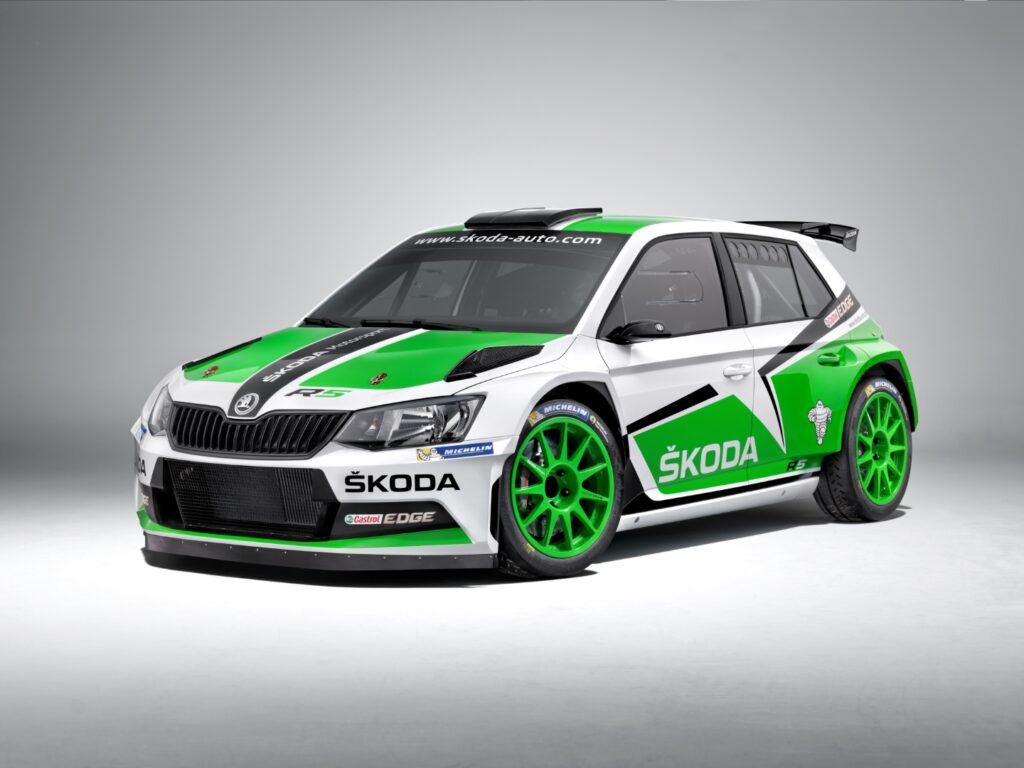Škoda


Škoda
Founded
1925
Founders
Václav Laurin, Václav Klement
Country
Czech Republic
Headquarters
Mladá Boleslav


Škoda
Founded
1925
Founders
Václav Laurin, Václav Klement
Country
Czech Republic
Headquarters
Mladá Boleslav
About this brand
Discover the history
Skoda, a Czech automotive brand with a rich and resilient history, traces its roots to Laurin & Klement, a company founded in 1895 by Václav Laurin and Václav Klement in Mladá Boleslav, Czech Republic. Specializing initially in bicycle production, the company transitioned to motorcycles and, eventually, automobiles. In 1925, Laurin & Klement merged with Skoda Works, a large industrial conglomerate, giving birth to Skoda Auto.
The early years of Skoda Auto were marked by a dedication to engineering excellence. The Skoda 422, introduced in 1929, was the brand’s first mass-produced car, featuring advanced engineering for its time. Skoda’s commitment to innovation was further evidenced by the introduction of the Skoda Popular in 1934, a model that became popular for its affordability and reliability.
The turbulent years of World War II and the subsequent communist era in Czechoslovakia brought challenges to Skoda, as the brand became a state-owned enterprise. Despite the socio-political context, Skoda continued to produce cars, including the Skoda 1101 Tudor, which was a post-war adaptation of pre-war designs.
The 1960s saw Skoda establish a strong reputation for its robust and practical vehicles. The Skoda Octavia, introduced in 1959, and the Skoda Felicia, introduced in 1961, became popular models both domestically and internationally. Skoda’s success was not confined to passenger cars; the brand also ventured into motorsport during this era.




Skoda’s motorsport endeavors gained momentum in the 1970s, particularly in rallying. The Skoda 130 RS, a lightweight and aerodynamic sports coupe, achieved notable success in the hands of privateer teams. The 130 RS secured victories in its class at prestigious events like the Monte Carlo Rally and the Acropolis Rally, contributing to Skoda’s image as a competitive force on the rally stages.
The 1990s marked a transformative period for Skoda. In 1991, the Czech government privatized Skoda Auto, leading to a strategic partnership with the Volkswagen Group in 1994. This collaboration brought about a new era of innovation and quality for Skoda. The Skoda Felicia, Skoda Octavia, and Skoda Superb were introduced, showcasing modern designs, advanced technology, and improved reliability.
Skoda’s commitment to motorsport continued to evolve in the 21st century. The Skoda Fabia WRC, introduced in the early 2000s, competed in the World Rally Championship and achieved success in the hands of skilled drivers. The Skoda Octavia WRC also made significant contributions to Skoda’s motorsport legacy.
In recent years, Skoda has further solidified its standing as a reputable and innovative brand. The Skoda Yeti, Skoda Kodiaq, and Skoda Karoq have been well-received in the SUV market, catering to the growing global demand for versatile and spacious vehicles.
Electric mobility has become a focal point for Skoda, with the introduction of the Skoda Enyaq iV, an all-electric SUV, reflecting the brand’s commitment to sustainable transportation.




